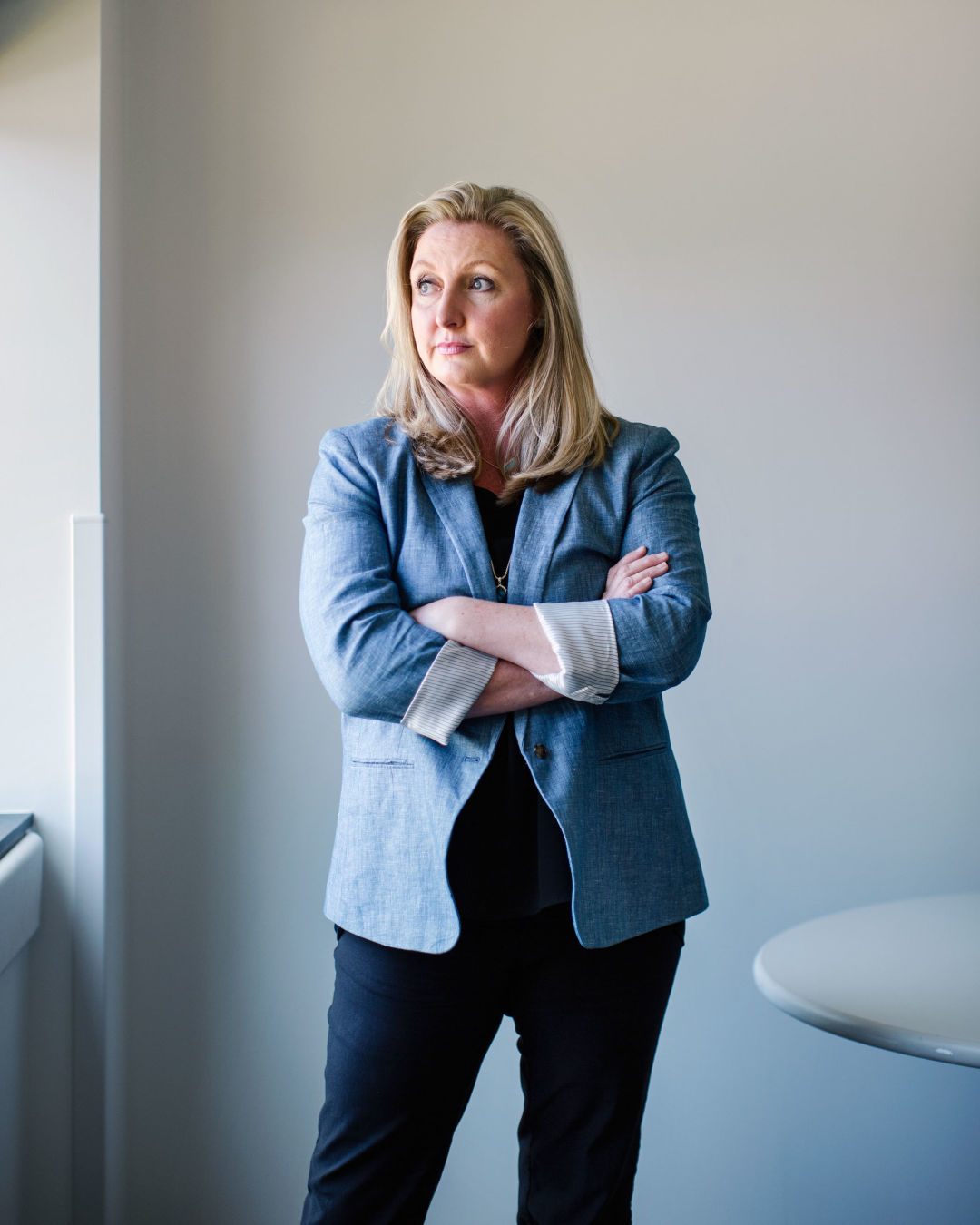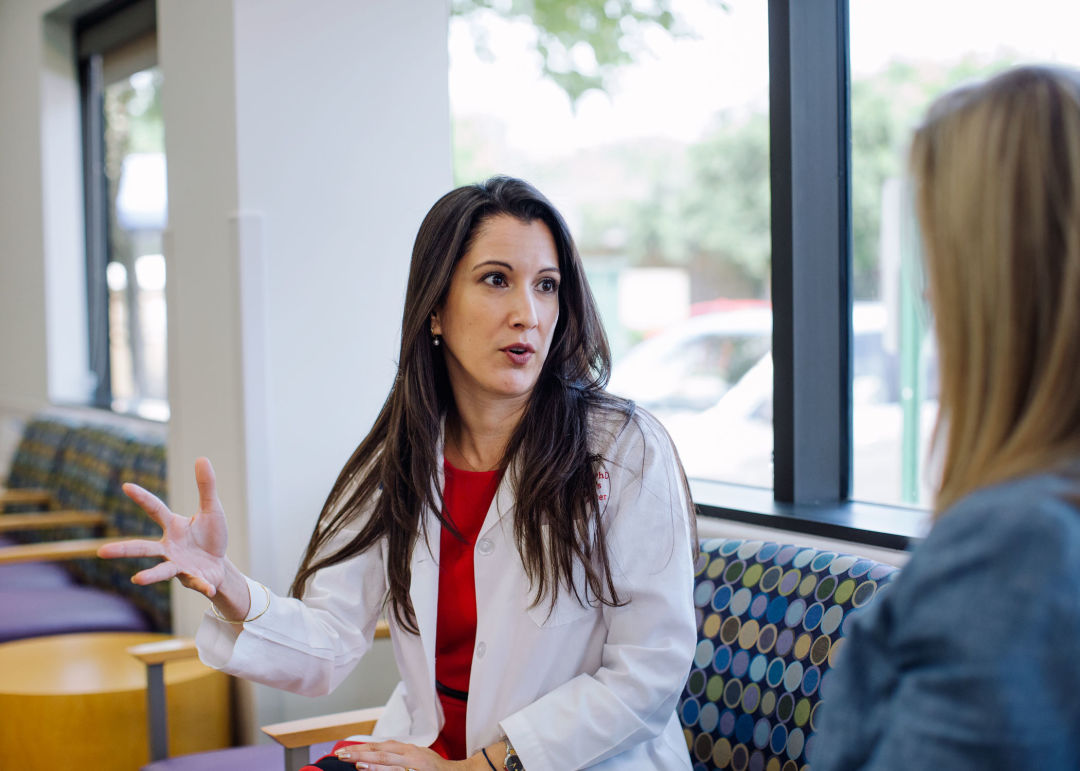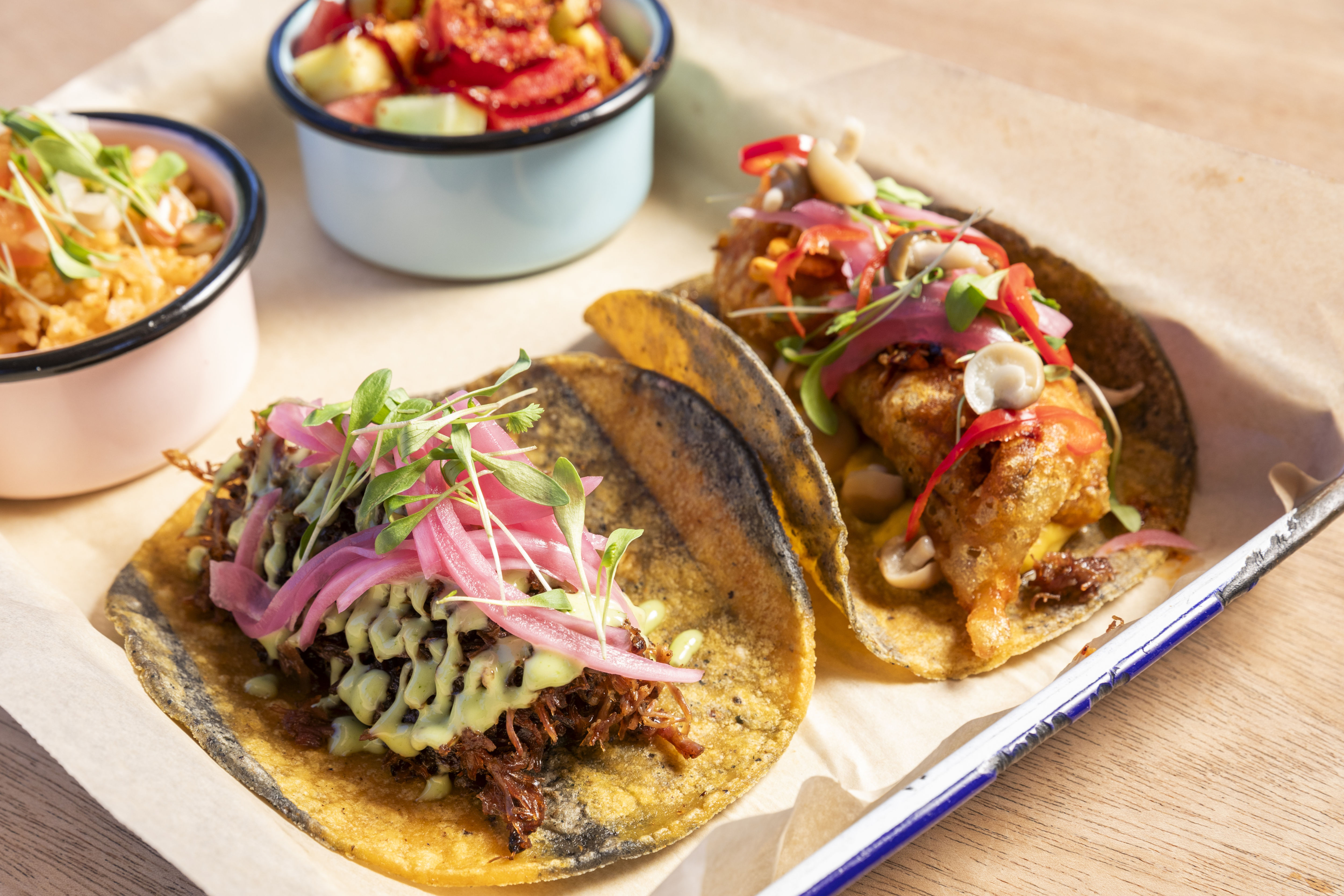Close Range: A Quest to Understand and Treat Autism on Both Ends of the Spectrum

Dr. Robin Kochel is scouring Texas for autism patients' DNA samples.
Image: Bryan Schutmaat
At work, Dr. Ruth Ann Luna researches the link between the microbiome of the gut and the gastrointestinal pains that plague some autistic children. At home, she cares for her 7-year-old son Kellen, who has severe autism. Kellen is verbally limited, with significant GI issues that Luna thinks may lead to his meltdowns, which can result in self-harm.
As a parent, Luna feels frustrated that autism, which is a very broad diagnosis, includes a large group of people with a wide variety of symptoms. “Kellen is definitely on the more severe end of the spectrum, and what’s working for the other end doesn’t necessarily work for us,” Luna explains. “And some of the issues that the other end of the spectrum just doesn’t think are important—because they don’t experience those types of challenges—are important to us. It’s very difficult to have these blanket guidelines and therapy mandates for insurance, when what we need is very different.”
As a researcher, Luna knows that subtyping autism—finding all the genetic variables that may lead to a diagnosis—is vital to improve care for Kellen and other autistic children. That’s why she and her family were the first in Houston to participate in the largest-ever study of autism in the U.S., the Simons Foundation Powering Autism Research for Knowledge (SPARK). The goal is to gather DNA samples from 50,000 patients and their biological families, allowing scientists to parse genetic data on a hitherto unforeseen scale and, hopefully, find answers for autistic children with hard-to-treat symptoms.
Dr. Robin Kochel, associate director for research at the Autism Center at Texas Children’s Hospital, is leading the study locally. She’s tasked with scouring the state—TCH is the study’s only Texas participant—to collect saliva samples from a diverse group of people with autism, as well as their parents. The aim is to sign up 2,100 families in the next three years. “There’s a lot of great evidence to suggest that autism is strongly influenced by genetic factors,” Kochel says, “but the studies to date have really only identified a handful of genetic differences that are routinely associated with autism. And for this type of work, it simply takes thousands and thousands of individuals who are affected in order to identify more of these kinds of differences.”

Dr. Ruth Ann Luna is invested in autism research as a mother and a physician.
Image: Bryan Schutmaat
The study was a natural fit with TCH and its standalone Autism Center. “Texas Children’s Hospital was chosen for its experience in research and clinical care of individuals on the autism spectrum, as well as its potential to recruit large numbers of families for SPARK,” says Dr. Wendy Chung, the study’s principal investigator. “We also recognize that Texas Children’s can recruit a diverse community of families affected by autism, which will ultimately help SPARK to build a research cohort that is more representative of the autism community as a whole.”
The study’s materials will be rolled out in Spanish in the fall, Kochel says, to try to widen the pool of participants. “We’re a minority-majority city,” she says. “And I think that they want to see that diversity in the collection, because it’s not always been represented in other research projects.”
Luna, who is leading her own study on the link between autistic children’s microbiomes and their gastrointestinal issues, is working to enroll her existing contacts in the SPARK study, too. She believes that the more doctors discover about the causes of autism, the better they’ll be able to help Kellen and others like him.
“A lot of autism research has really bloomed from anecdotal stories from parents that say, my child seems to be the tough nut to crack, they’ve got this and this and they’ve got that, and nobody’s ever seen that. And they put it in a blog post somewhere, and parents start chiming in and going, wait, you just described my kid,” Luna says. “So what we’re trying to do is to tease out the subpopulations from the larger autism bucket to help treat the kids.”
For more information, visit sparkforautism.org/texaschildrens.




